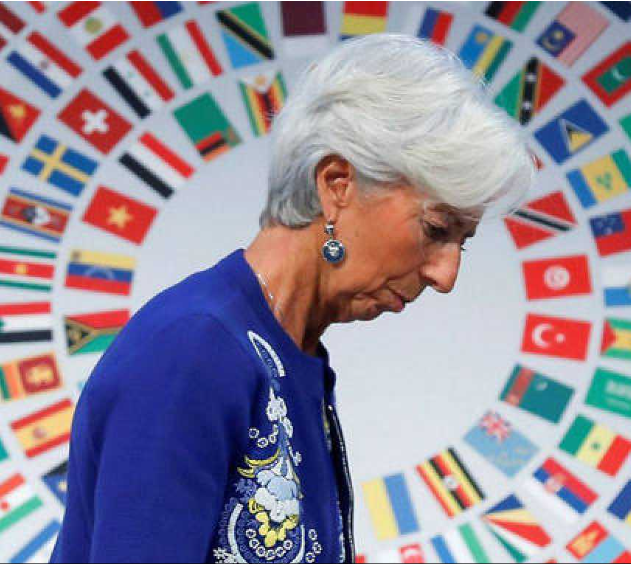Suddenly they are all complaining. With an enormous delay, even the professional optimists in the German media have realised that something is fundamentally wrong. Germany is once again the sick man of Europe, the British Economist notes again, pointing to the decline in GDP this year. I am surprised, however, that liberal economists, who would call themselves neoclassical, do not participate much more actively in the debate and at least contribute important aspects to a theory of the crisis. But the neoclassical authors are always immediately on the wrong track because they do not want to admit the macroeconomic implications of their own theory and consequently blame the governments for the malaise. After all, markets cannot be wrong in principle and, if they are allowed to work, always lead quickly back to equilibrium.
Related Articles

Aviation
Transport & Environment: Big airline polluters grew emissions in 2019 ahead of expected COVID drop
The EU has once again proven that it is completely incapable of getting plane pollution under control. Read here

Climate Crisis
Euronews – EU will launch anti-subsidy inquiry into China-made electric cars, von der Leyen says
September 13, 2023
Ben Wray
Climate Crisis, EU politics, EU-Institutions, Neo-Liberalism in the EU, Sustainability, Transport
0
European Commission President Ursula Von Der Leyen has sided with France in its battle with Germany over Chinese electric vehicle imports. No wonder she is a candidate for the next head of NATO – the […]

Geopolitics
Middle East Eye: Scottish court approves legal challenge to UK’s Palestine Action ban
Campaigners say the move could see the ban’s reversal in Scotland, triggering a ‘constitutional crisis’ Read Article HERE This file is licensed under the Creative Commons Attribution 4.0 International license.


Be the first to comment